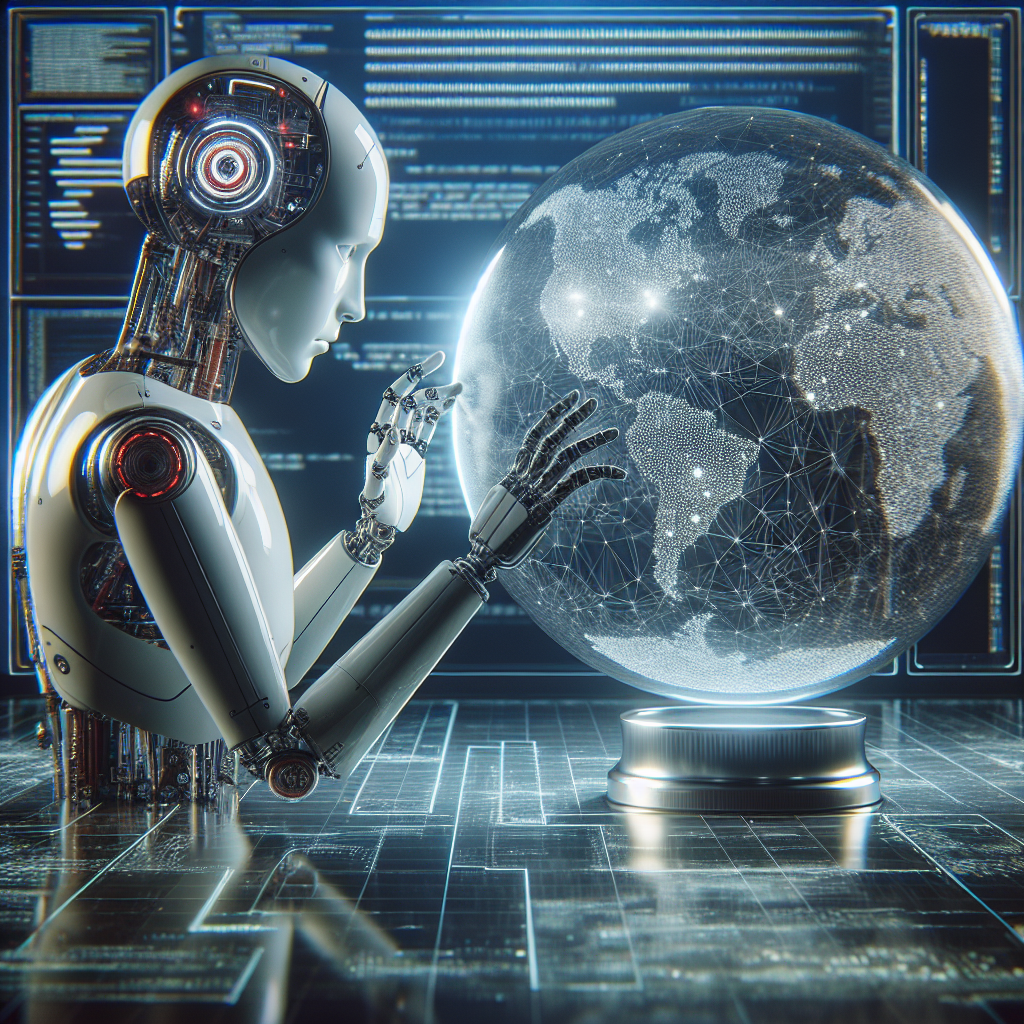The Impact of AI on Personal Privacy
Artificial Intelligence (AI) has become an integral part of our daily lives, with the potential to revolutionize the way we live and work. From virtual assistants like Siri and Alexa to self-driving cars and targeted advertising, AI is everywhere. However, with this increased integration of AI into our lives comes concerns about personal privacy. How does AI impact our privacy, and what can we do to protect ourselves?
The Rise of AI
AI refers to the simulation of human intelligence processes by machines, especially computer systems. This can include tasks such as visual perception, speech recognition, decision-making, and language translation. AI algorithms are designed to learn from data and improve over time, making them incredibly powerful tools for a wide range of applications.
One of the most common uses of AI is in the realm of data collection and analysis. Companies use AI algorithms to process vast amounts of data and extract valuable insights that can be used to improve products and services, target advertisements, and make business decisions. While this can lead to more personalized experiences for consumers, it also raises concerns about privacy.
The Impact on Personal Privacy
One of the biggest concerns about AI is the potential for data privacy breaches. As AI algorithms collect and analyze large amounts of data about individuals, there is a risk that this information could be misused or leaked. For example, companies could use AI to track individuals’ online activities, location data, and purchasing habits without their knowledge or consent.
Another issue is the potential for bias in AI algorithms. AI systems are only as good as the data they are trained on, and if that data is biased or incomplete, the algorithms can produce biased results. This can lead to discrimination in areas such as hiring, lending, and criminal justice, where AI algorithms are increasingly being used to make decisions.
Furthermore, the use of AI in surveillance and facial recognition technology raises concerns about government overreach and invasion of privacy. In some countries, AI-powered surveillance systems are used to track individuals’ movements, monitor their activities, and even predict their behavior. This can have serious implications for personal freedom and civil liberties.
Protecting Your Privacy
So, what can individuals do to protect their privacy in the age of AI? Here are some tips:
– Be aware of the data you are sharing: Be mindful of the information you share online, including on social media, shopping websites, and other platforms. Limit the amount of personal information you provide, and regularly review your privacy settings to ensure your data is secure.
– Use strong passwords and encryption: Make sure to use strong, unique passwords for all your online accounts, and enable two-factor authentication whenever possible. Use encryption tools to protect your data from unauthorized access.
– Opt out of data collection: Many companies offer the option to opt out of data collection and targeted advertising. Take advantage of these options to limit the amount of personal information that is collected about you.
– Stay informed: Stay informed about the latest developments in AI and data privacy, and advocate for policies that protect consumers’ rights. Support organizations that promote privacy and data protection, and stay engaged in the debate about AI ethics and regulation.
FAQs
Q: Can AI invade my privacy without my knowledge?
A: Yes, AI algorithms can collect and analyze data about individuals without their knowledge or consent. It is important to be aware of the information you are sharing online and take steps to protect your privacy.
Q: How can I prevent AI from tracking my online activities?
A: You can prevent AI from tracking your online activities by using tools like ad blockers, privacy-focused browsers, and virtual private networks (VPNs). You can also opt out of data collection and targeted advertising on many websites.
Q: Are AI algorithms biased?
A: AI algorithms can be biased if they are trained on biased data. It is important for companies to address bias in their AI systems and ensure that they are fair and transparent in their decision-making processes.
Q: Can AI surveillance systems be used to track individuals’ movements?
A: Yes, AI surveillance systems can be used to track individuals’ movements, monitor their activities, and even predict their behavior. This raises concerns about government overreach and invasion of privacy.
In conclusion, while AI has the potential to bring many benefits to society, it also raises serious concerns about personal privacy. It is important for individuals to be informed about the risks of AI and take steps to protect their data and privacy. By staying vigilant and advocating for policies that promote transparency and accountability, we can ensure that AI is used responsibly and ethically.

